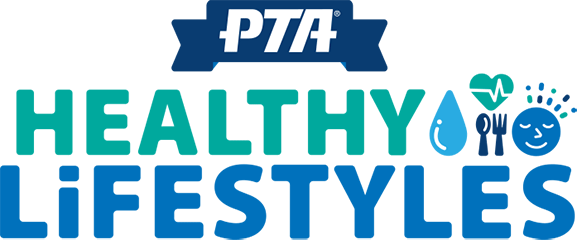Can Preventing Childhood Trauma Improve Adult Health?
 Adverse Childhood Experiences (ACEs) are potentially traumatic events that occur in childhood. ACEs can include violence, abuse, and growing up in a family with mental health or substance use problems. Toxic stress from ACEs can change brain development and affect how the body responds to stress. ACEs are linked to chronic health problems, mental illness, and substance misuse in adulthood. However, ACEs can be prevented.
Adverse Childhood Experiences (ACEs) are potentially traumatic events that occur in childhood. ACEs can include violence, abuse, and growing up in a family with mental health or substance use problems. Toxic stress from ACEs can change brain development and affect how the body responds to stress. ACEs are linked to chronic health problems, mental illness, and substance misuse in adulthood. However, ACEs can be prevented.
A first-ever CDC analysis provides comprehensive estimates of the potential to improve Americans’ health by preventing Adverse Childhood Experiences (ACEs).
ACEs can include experiencing abuse, witnessing violence or substance misuse in the home, and having a parent in jail. Exposure to ACEs can result in extreme or repetitive toxic stress responses that can cause both immediate and long-term physical and emotional harms.
At least five of the top 10 leading causes of death are associated with ACEs. Preventing ACEs could potentially reduce chronic diseases, risky health behaviors, and socioeconomic challenges later in life.
These findings appear in CDC’s latest Vital Signs report, which examines the associations between ACEs and 14 negative outcomes. CDC analyzed data from 25 states that included ACE questions in the Behavior Risk Factor Surveillance System (BRFSS) from 2015 through 2017. State survey data were used to estimate long-term health and social outcomes in adults that contribute to leading causes of illness and death and reduced access to life opportunities.
Key findings
- Adults reporting the highest level of ACEs exposure had increased odds of having chronic health conditions, depression, current smoking, heavy drinking, and socioeconomic challenges like current unemployment, compared to those reporting no ACEs.
- Women, American Indian/Alaskan Natives, and African Americans/Blacks were more likely to experience four or more ACEs.
- Preventing ACEs could have reduced the number of adults who had heart disease by as much as 13% – up to 1.9 million avoided cases, using 2017 national estimates.
- Preventing ACEs could have reduced the number of adults who were overweight/obese by as much as 2% – up to 2.5 million avoided cases of overweight/obesity, using 2017 national estimates.
- Preventing ACEs could have reduced the number of adults with depression by as much as 44% – up to 21 million avoided cases of depression, using 2017 national estimates.






